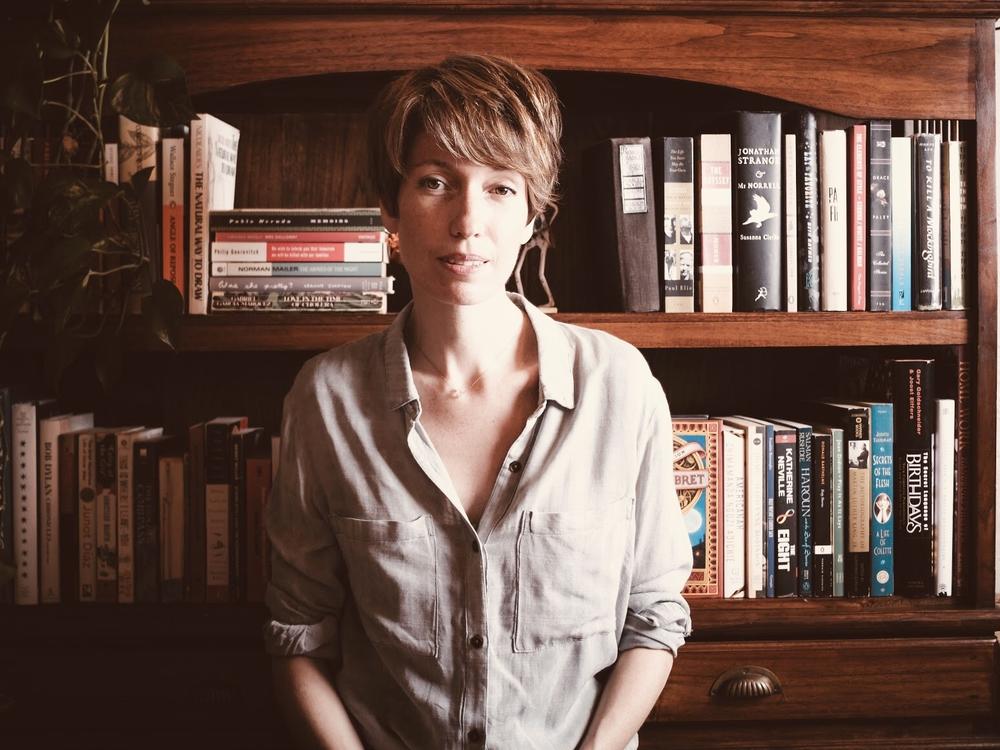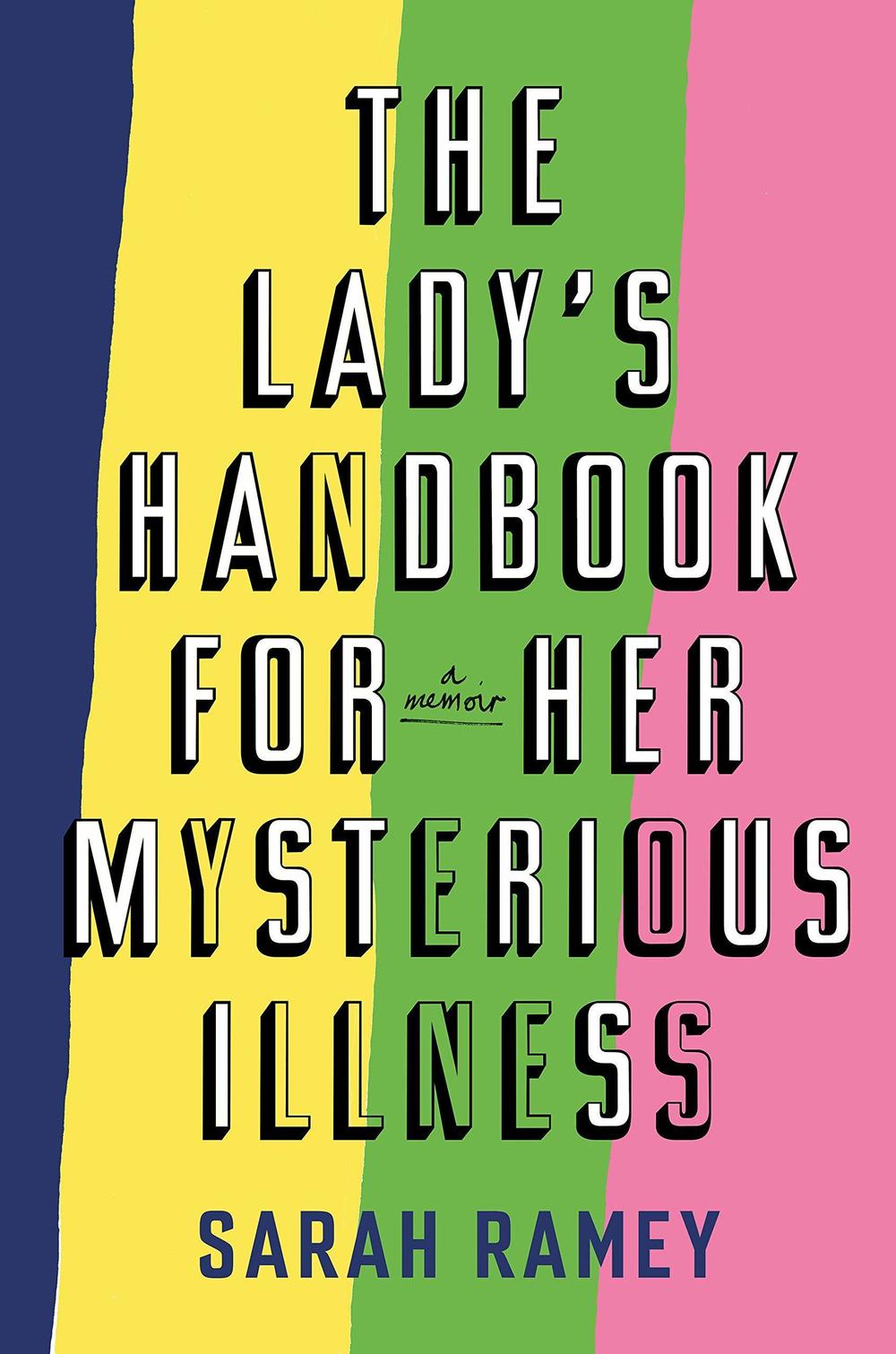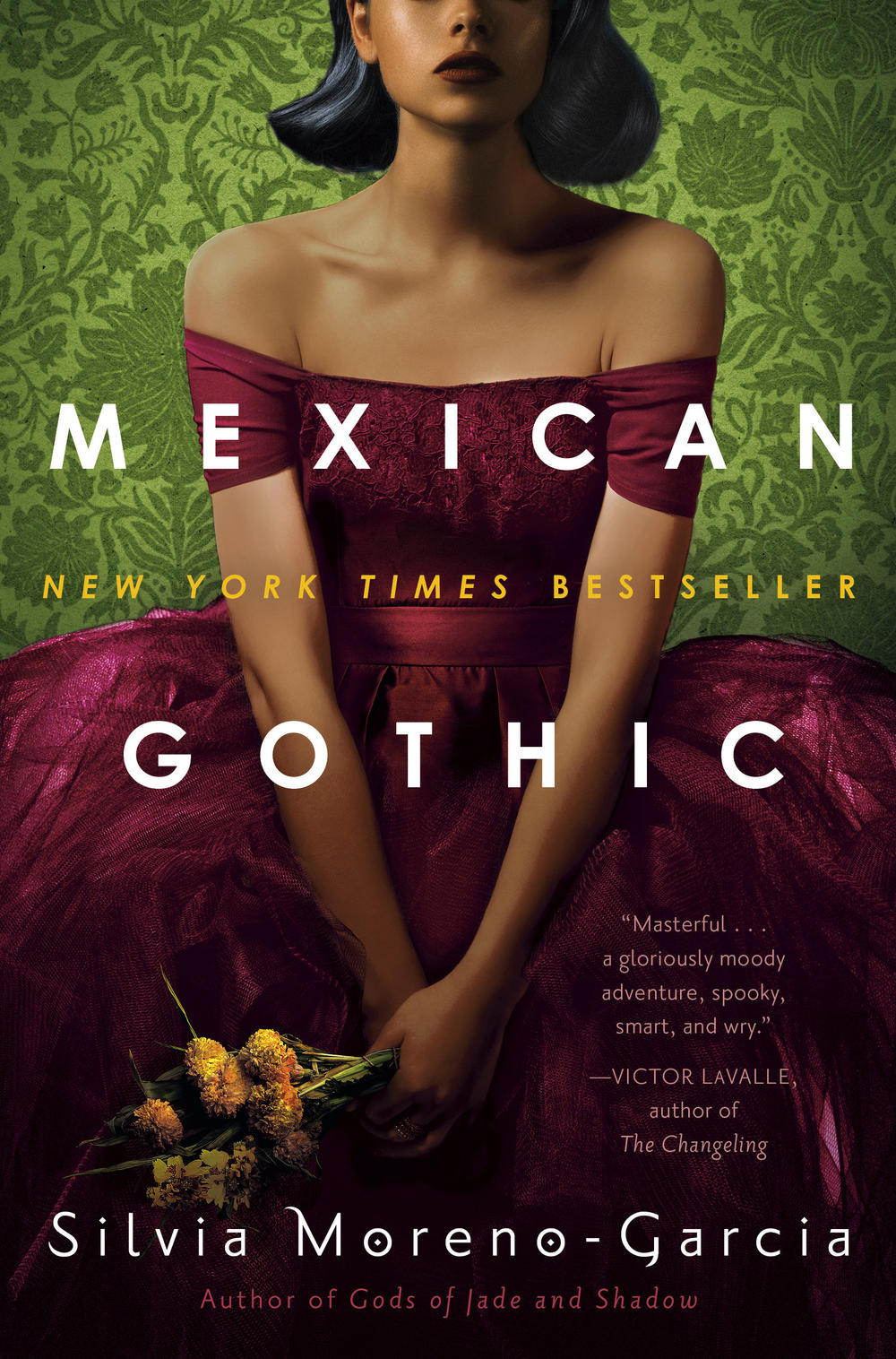Section Branding
Header Content
When Your Book Publishes In A Pandemic — Authors Talk About Terrible Timing
Primary Content
Sarah Ramey's first book was supposed to be a very big deal. Her publishers expected The Lady's Handbook for Her Mysterious Illness to be a runaway best seller.
"We had a huge publicity slate," she says, a bit shyly. "You know, the Today show and CBS This Morning and, actually, NPR's Weekend Edition."
But instead of going on NPR to discuss her memoir, which explores the history of women like herself debilitated by autoimmune diseases like chronic fatigue syndrome, Ramey is talking about the cosmically terrible timing of its release date: March 17, 2020. "That's also essentially the same week that COVID-19 came out," she observes. "For it to come out that week, of all weeks, was really ... challenging."
"Crushing" might be a more accurate description, she allowed. All the media coverage was completely canceled; book reviews were shelved as the world slid into lockdown. The woes of a first-time author suffering from unexpectedly slow book sales do not even remotely compare to the death of a loved one, Ramey quickly points out, or to the trauma of becoming unemployed as the economy spiraled. But we don't need to compare these things. Losing years of labor to a global catastrophe is still a wrenching experience.
"It was really 12 years of just working on this," Ramey says. "I am pretty disabled, and so I really only have only a couple of hours every day — and that's on a good day — to focus on anything other than my physical health. I just went through so much physical difficulty to produce this book, and really, [it] often would make my health worse, but it felt important because I was working towards what felt to me like this righteous goal."
Ramey, who as a musician records as Wolf Larsen, is part of an league of unfortunate authors whose books were buried by the coronavirus. My NPR colleague Pam Fessler is among them; her book tracing the history of the only leprosy colony in the continental U.S. had the misfortune to come out last July. Pam told me she belongs to one of several online support groups for authors who published during the pandemic, such as Lockdown Literature on Twitter.
Aimee Liu's novel Glorious Boy came out in May 2020. She's authored numerous books, but points out last year's crisis was especially devastating for new authors. "The publishing industry only gives you one bite of the apple," she says. "They immediately write you off if you don't sell big on your first book. They don't give you a second chance, and they don't handicap you for bringing a book out in the middle of a pandemic. It's not like you get extra points."
Of course, some books did very well last year, especially books by famous or established authors, as well as cookbooks, romances and mysteries. Writer Silvia Moreno-Garcia found herself with a surprise first bestseller when her seventh novel, Mexican Gothic, hit shelves in the summer of 2020 with a first run of 12,000 copies. (The author is also an occasional contributor to NPR.)
"It ran out immediately, and then they couldn't print enough books," Moreno-Garcia remembers. "Because of COVID, everything had been slowed down and all the printing presses were busy. So there were like three weeks there when it had come out, and it was looking like it would be a big success but there was no product. So, that was kind of nerve-wracking."
By the fifth or sixth printing, the publishers realized they had a hit. Moreno-Garcia, who is based in Canada, thinks the pandemic helped some authors who do not live in the U.S. Suddenly, she was invited to online book clubs and panels with other authors from all over the world. "A lot of people focus on the touring, but there was no tour planned for my book," she says dryly.
When the lockdown first happened in March 2020, she adds, she was attending a California writer's conference on her own dime, cobbling together a few bookstore signings on the side, and had to scramble to get back home.
Few authors can expect the fanfare that was supposed to greet the publication of Sarah Ramey's first book. Her release party was scheduled to be covered by CNN, she says, and hosted by the independent bookstore Politics and Prose in Washington, D.C. Although it was canceled by COVID-19, Ramey is determined to throw herself a book party anyway.
"Because it was an achievement," she says. "And it mattered to me that I did make it to the finish line. Because so much of the time, I didn't think that would happen, so I just want the chance to say – I did it."
Copyright 2021 NPR. To see more, visit https://www.npr.org.




